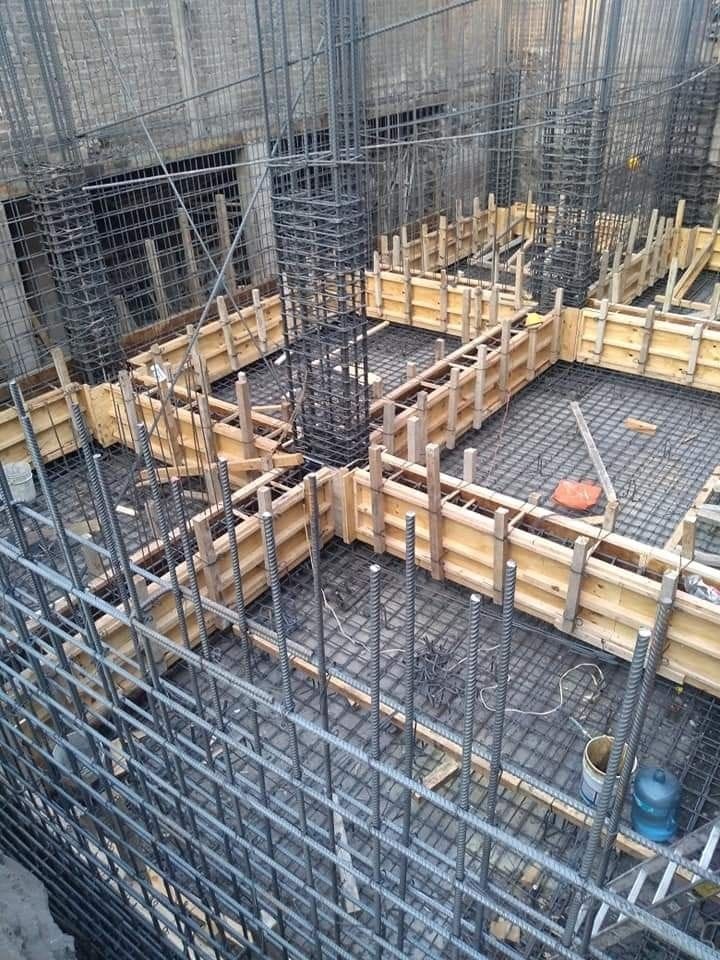Steel has been a cornerstone of industrial development for centuries, and its relevance continues to grow in the modern world. This article explores the diverse applications of steel today, highlighting its importance across various industries and everyday life.
1. Construction and Architecture
One of the most prominent uses of steel is in the construction of buildings and infrastructure. Steel’s strength and durability make it an ideal choice for:
Skyscrapers: Steel frames provide the necessary support for tall buildings, allowing for innovative architectural designs.
Bridges: Steel’s tensile strength enables the construction of long-span bridges that can withstand heavy loads and environmental stresses.
Residential Homes: Increasingly, steel is used in residential construction for framing, roofing, and even in modular homes.

2. Transportation
Steel plays a crucial role in the transportation sector, contributing to the safety and efficiency of various modes of transport:
Automobiles: Steel is used extensively in car manufacturing for frames, body panels, and safety features, balancing strength with weight.
Railways: Steel tracks and trains are essential for efficient rail transport, providing durability and reliability.
Aerospace: In aviation, specialized steel alloys are used for components that require high strength and resistance to extreme temperatures.
3. Energy Production
As the world shifts towards sustainable energy sources, steel remains vital in energy production:
Wind Turbines: Steel is used in the construction of wind turbine towers and components, supporting the transition to renewable energy.
Oil and Gas: Steel pipes and structures are essential for the extraction and transportation of fossil fuels, ensuring safety and efficiency.
4. Manufacturing and Machinery
In manufacturing, steel is the backbone of machinery and tools:
Heavy Equipment: Steel is used in the production of construction and agricultural machinery, providing durability in harsh environments.
Consumer Goods: From kitchen appliances to electronics, steel is a common material in many consumer products due to its strength and aesthetic appeal.
5. Infrastructure and Public Works
Steel is indispensable in public works and infrastructure projects, including:
Water Supply Systems: Steel pipes are essential for transporting water, ensuring safety and longevity.
Waste Management: Steel containers and processing equipment are critical for effective waste management and recycling efforts.
6. Sustainability and Recycling
One of the most significant advantages of steel is its recyclability. Steel can be recycled repeatedly without loss of quality, making it a sustainable choice for modern applications. The steel industry is actively working to reduce its carbon footprint through:
Energy-efficient production methods: Innovations in production processes are leading to lower emissions.
Use of recycled materials: A significant portion of steel production comes from recycled scrap, reducing the need for raw materials.

Conclusion
The modern use of steel is vast and varied, impacting nearly every aspect of our lives. As industries continue to innovate and seek sustainable solutions, steel’s versatility and strength will ensure its place as a vital material for the future. Whether in construction, transportation, energy production, or manufacturing, steel remains an essential component of modern society, shaping the world we live in today.

